Payments by Azerbaijan Agricultural Insurance Fund 43% up in 2025
Last year, the Agricultural Insurance Fund of Azerbaijan paid farmers 9.147 million manats ($5.38 million) in insurance compensations.


Last year, the Agricultural Insurance Fund of Azerbaijan paid farmers 9.147 million manats ($5.38 million) in insurance compensations.
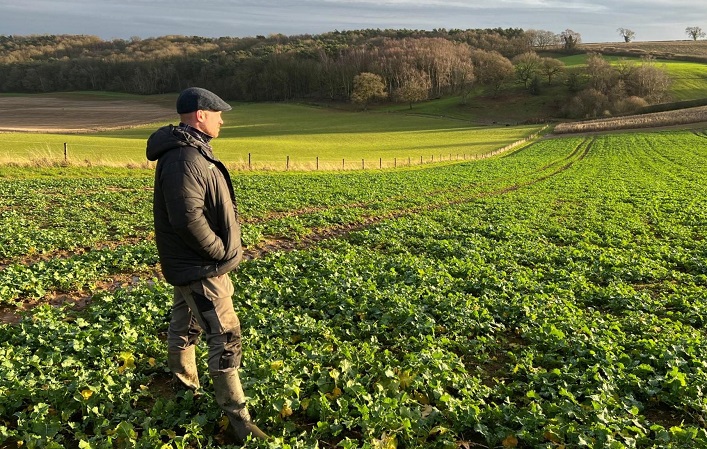
The state budget for 2026 allocates ₴60M ($1.43M) for agricultural insurance assistance, the first time that this support has been offered.
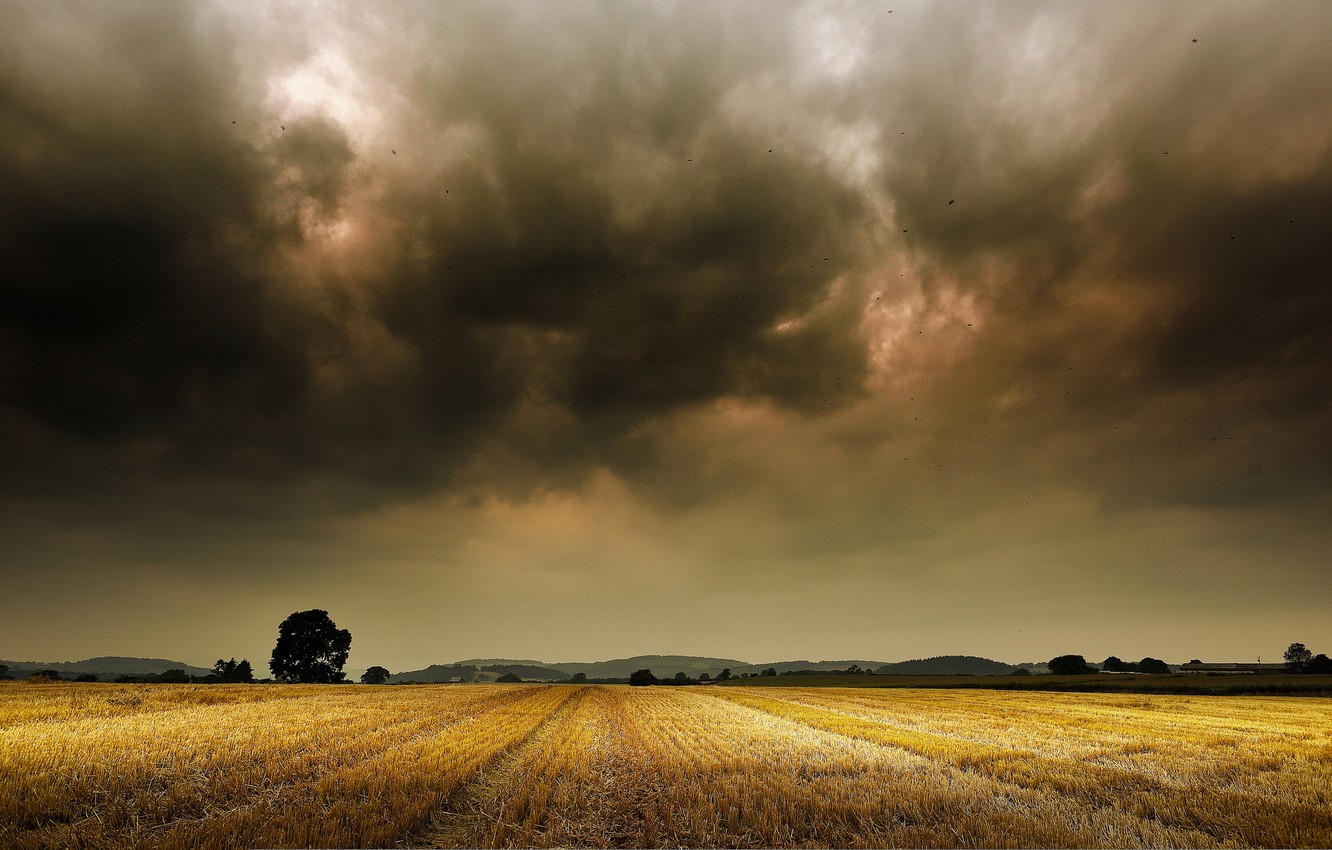
Arable growers are reeling from up to $10 million in crop losses after a trio of widespread hail storms whipped through Canterbury farms.

Agra Asigurari, the national leader in agricultural insurance, is launching the new sales season for the 2025-2026 farming year. The announcement comes at a challenging time for Romanian farmers, marked by the intensification of extreme weather events, which are affecting crops earlier and earlier, causing considerable losses for farmers.
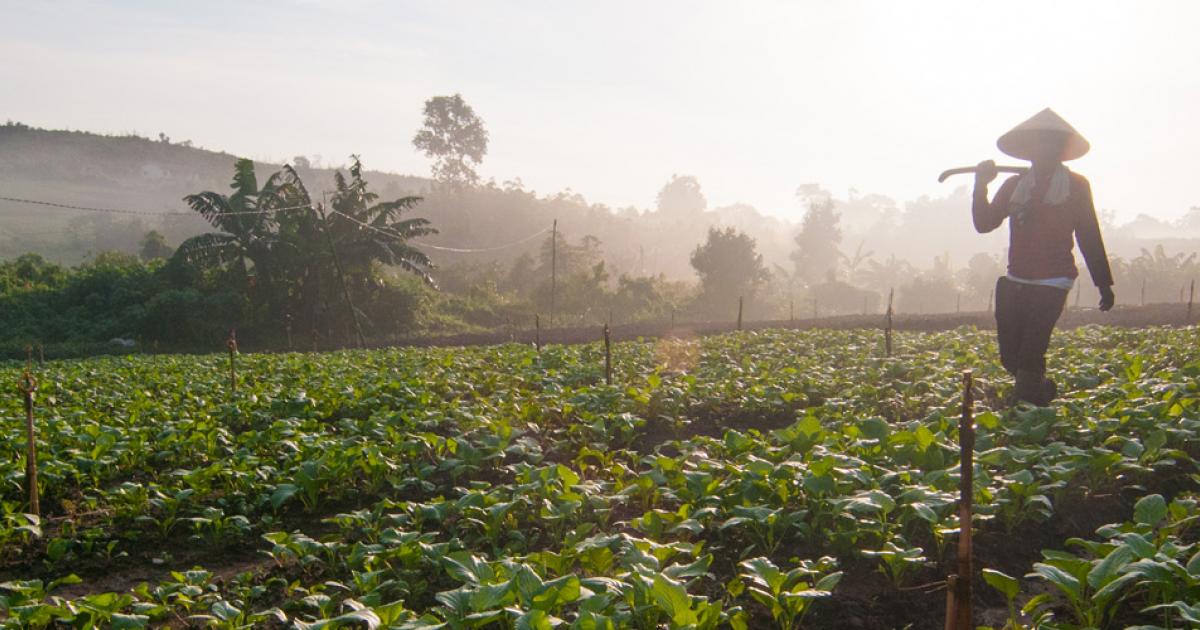
Agriculture Minister Andi Amran Sulaiman has called on regional governments to accelerate downstreaming of local agricultural commodities - particularly coconuts, cashew nuts, and cocoa - to increase added value and raise farmers’ incomes.
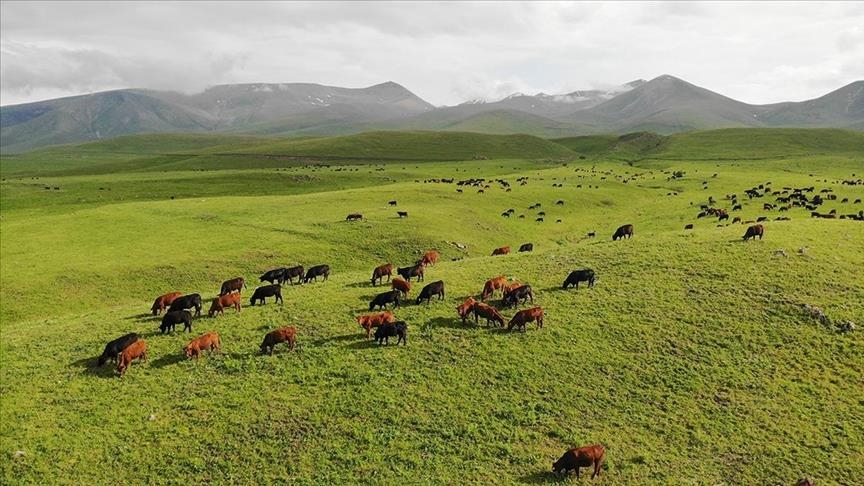
As governments and agribusinesses race to curb greenhouse gas emissions while feeding a growing global population, the UN’s Food and Agriculture Organization (FAO) has released new guidance to help policymakers and industry assess food safety risks linked to emerging climate-mitigation chemicals used in agriculture.
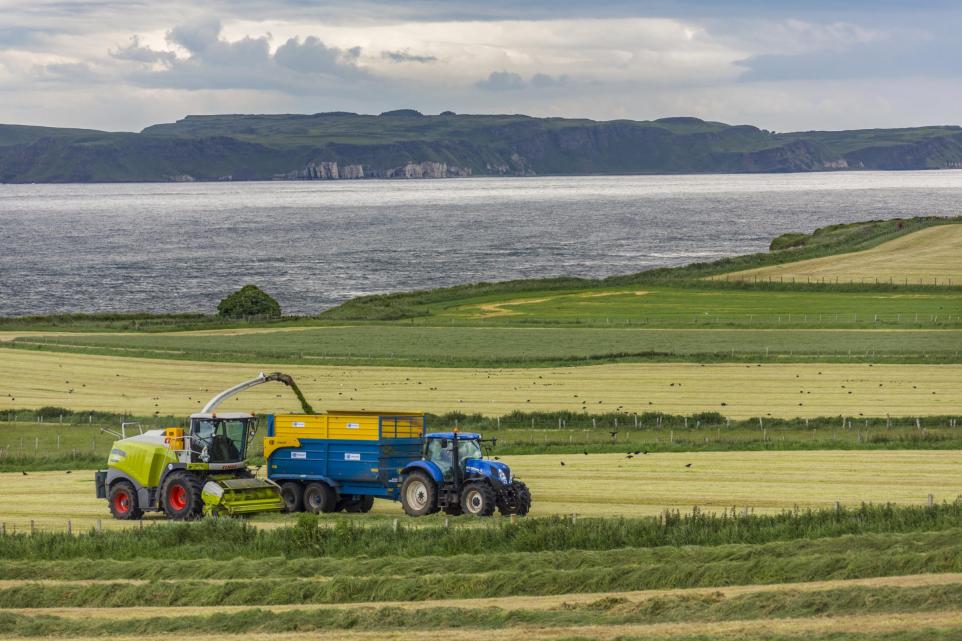
Just under €3 million was issued in various farm scheme payments last week by the Department of Agriculture, Food and the Marine (DAFM).
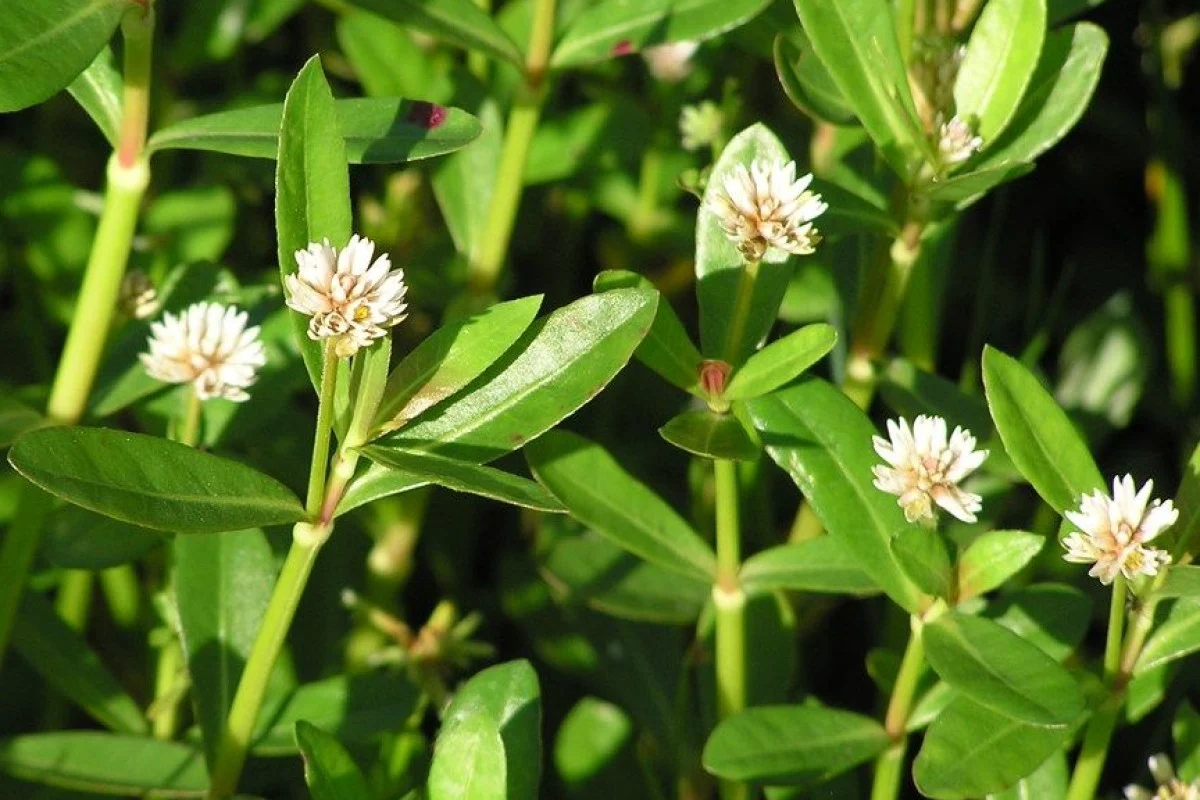
The seemingly innocuous alligator weed, or Alternanthera philoxeroides, poses a real problem, especially to rice farmers.
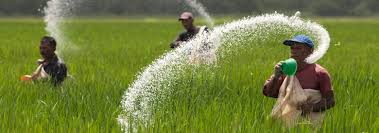
The Green Lightning system uses electricity to convert water into nitrogen-rich fertilizer, with larger units designed to meet the needs of farm operations.

A two-day National Review Conference was held in Bengaluru under the Pradhan Mantri Fasal Bima Yojana.

The Bihar government has announced financial assistance for farmers affected by crop losses under the Bihar State Crop Assistance Scheme.

The Ministry of Agriculture, Irrigation and Livestock (MoAIL) has inaugurated a new cold storage facility in Kabul, saying it will help reduce agricultural waste, cut imports, and strengthen the economy.
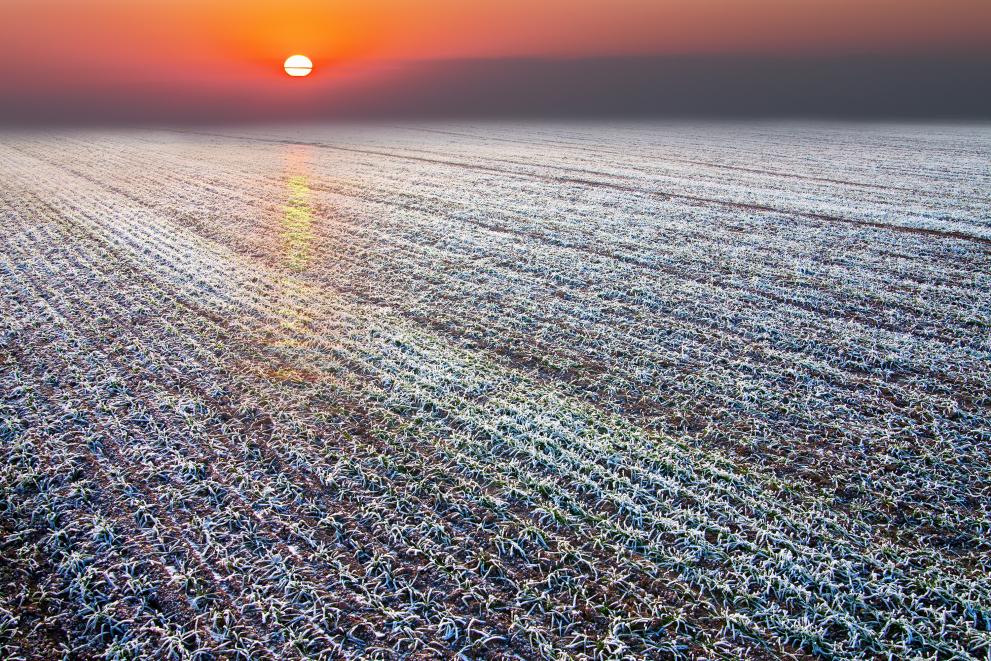
A frost event damaged standing tomato crops across villages, including Kathha Saghraal, Kathha Misraal, and Kotli Rajgan in the foothills of Daman-e-Mahaar in Pakistan's Khushab district. Fields that had been producing red and green tomatoes were affected within a short period, with plants showing dried leaves and damaged stems.
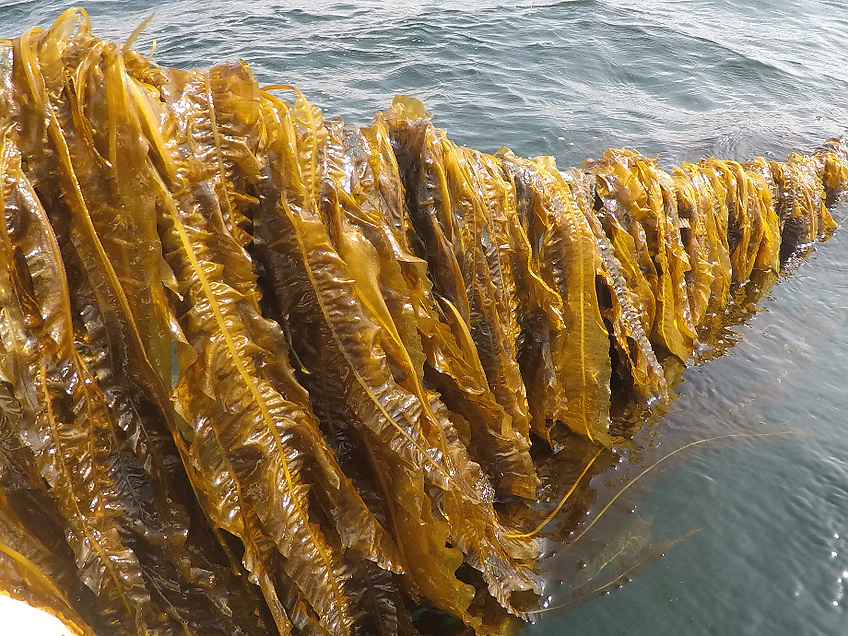
Ireland is leading a new EU-backed initiative to scale sustainable seaweed farming while restoring marine ecosystems across Europe. The SEAGROW project is funded by the European Maritime, Fisheries and Aquaculture Fund and is coordinated from Ireland by Óir Na Farraige. The project aims to improve productivity in seaweed cultivation while enhancing biodiversity and ecosystem health.
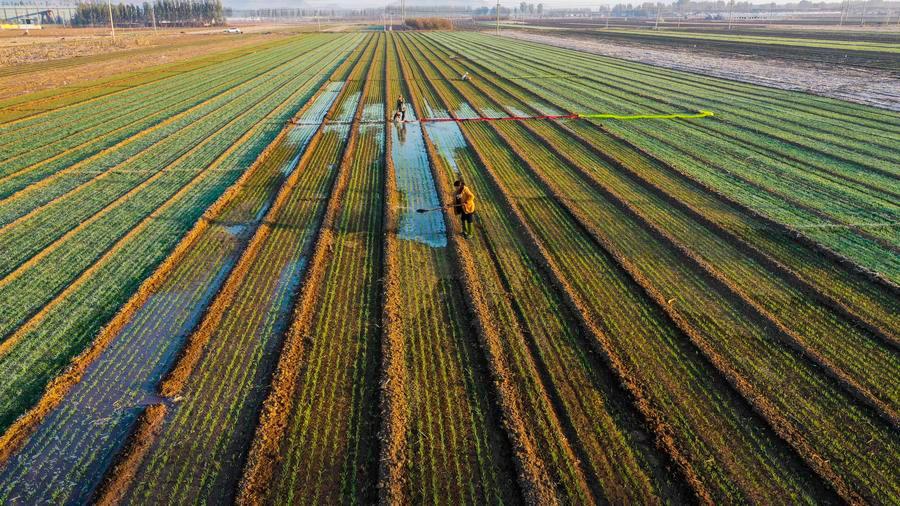
China seeks to speed up agricultural modernization over the next five years by establishing demonstration zones that leverage deepened reforms and technological innovation to enhance production capacity, as well as the quality and efficiency of agricultural output.

India needs to urgently restore the health of its soils to improve crop health and human nutrition through a combination of approaches, including policies for rationalising fertiliser pricing, a new paper said. It also called for the development of precise, customised and site-specific fertilisation solutions, complemented by appropriate agronomic practices.